Educating TSA Agents About PH and Disability Issues
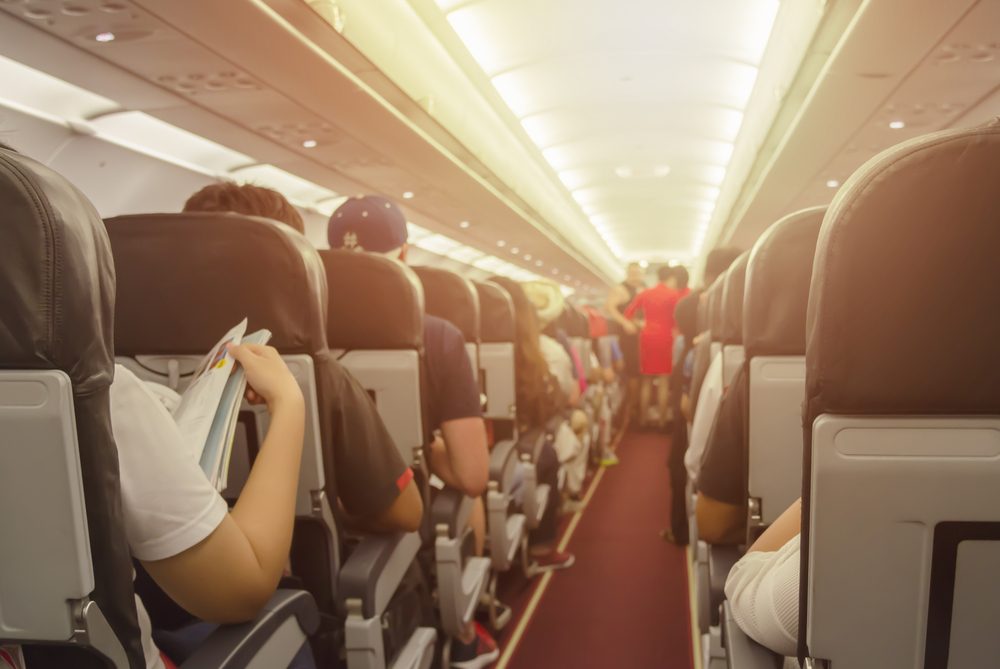
Traveling by plane can be stressful for anyone. Flying with pulmonary hypertension (PH) and other disabilities adds another dimension of stress and anxiety. My husband and I recently flew from Houston to San Diego. I was stoked about this trip and had been looking forward to it for months. My body craved some cooler but sunny California weather.
Before 6 a.m., we completed our check-in thanks to a helpful Southwest Airlines manager, who needed additional information about my portable oxygen concentrator. We made our way to the security line. Let’s not forget that this was near dawn. Yep, I was up with the birds, and typically I am no early bird.
I was in my wheelchair, but I stood to walk through the body scanner. On the other side, I was told that I’d been chosen for additional screening. This meant a pat-down. This particular Transportation Security Administration (TSA) agent kindly explained exactly what she was doing. She was gentle as she waved her wand and hands up and down my lower body. She was just doing her job. No big deal.
When that was complete, another TSA agent motioned me over with her finger — not the best way to grab my attention. Mind you, I had no shoes on and was standing on a cold mat. I asked her if I could grab my oxygen. She said that they were still testing it. Then, she grabbed my wrist and said she would help me to my chair. This did not go over well with me.
What part of “oxygen” did she not get? I informed her that I did not have a mobility issue; I got short of breath from walking because I have a heart-and-lung disease. She was not hearing me. I might as well have been talking to a wall. Then she said that, because my wheelchair alarmed, she needed to do another pat-down. I told her that I’d just gone through that. Rudely, she remarked, “This is a full-body pat-down — nothing to do with that one.” She proceeded to do her pat-down without much explanation.
I didn’t know whether this particular TSA agent was having a rough morning — I try to give everyone the benefit of the doubt — but I think she should have shown some compassion and respect. I understand that she was doing her job, but there are ways to make the process smoother for all involved. I did tell her to have a good day when I left, although I wanted to say much more. I was so ready to board our flight and take off.
I have heard that TSA agents receive training on how to deal with people with disabilities. Too often, though, it seems like all disabilities are regarded as one, when in fact there’s a vast number of reasons someone may be considered disabled. Since my PH diagnosis, I have been met with skepticism more than once when flying.
I contacted TSA Cares to notify them about my negative experience with that one TSA agent. The customer service manager was pleasant. She asked me what I would like them to learn from the incident. I educated her on my PH and disabilities relating to it. She also was open to receiving additional educational materials about PH via email.
I asked that the TSA educate their agents on compassion and remind them that all disabilities are not the same. She apologized and thanked me for reaching out to the agency. She said that I could open a civil rights claim if I felt I’d been discriminated against or wrongfully treated. I reminded her that I only wanted the situation to be a teaching opportunity. I hope my experience and feedback can benefit those with disabilities who travel in the future.
Have you been met with skepticism when traveling since your PH diagnosis? Share your experiences in the comments below.
***
Note: Pulmonary Hypertension News is strictly a news and information website about the disease. It does not provide medical advice, diagnosis, or treatment. This content is not intended to be a substitute for professional medical advice, diagnosis, or treatment. Always seek the advice of your physician or other qualified health provider with any questions you may have regarding a medical condition. Never disregard professional medical advice or delay in seeking it because of something you have read on this website. The opinions expressed in this column are not those of Pulmonary Hypertension News or its parent company, BioNews Services, and are intended to spark discussion about issues pertaining to pulmonary hypertension.




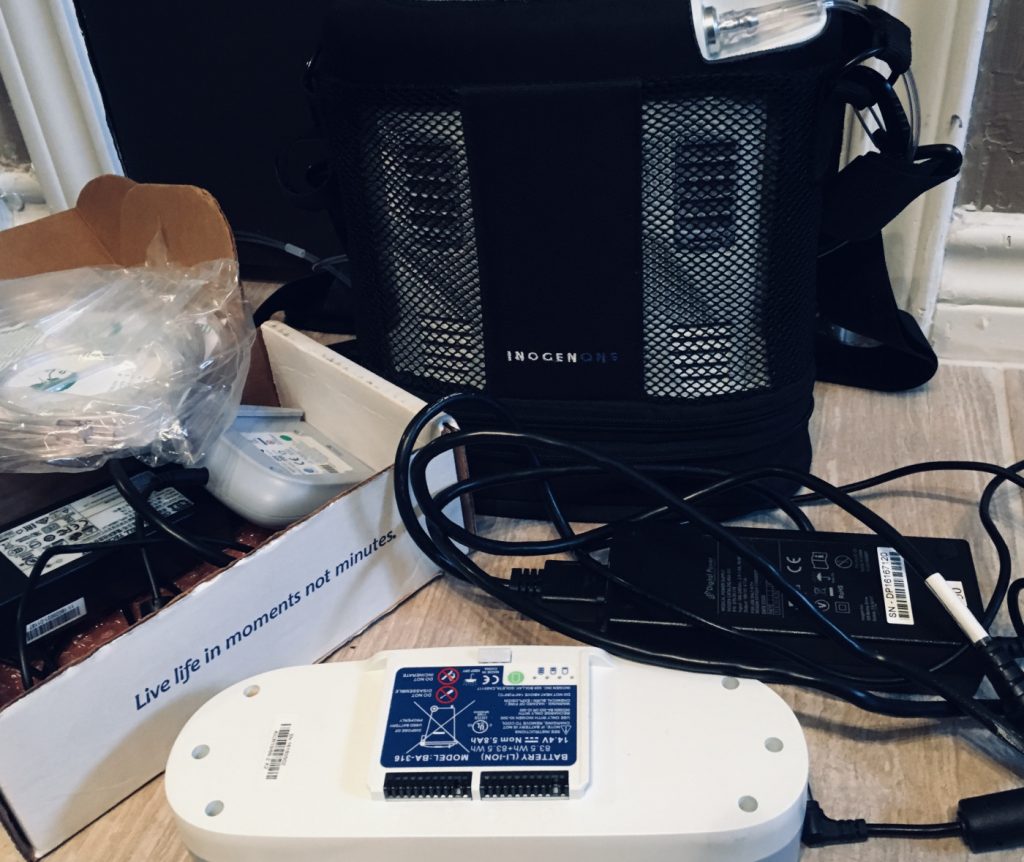
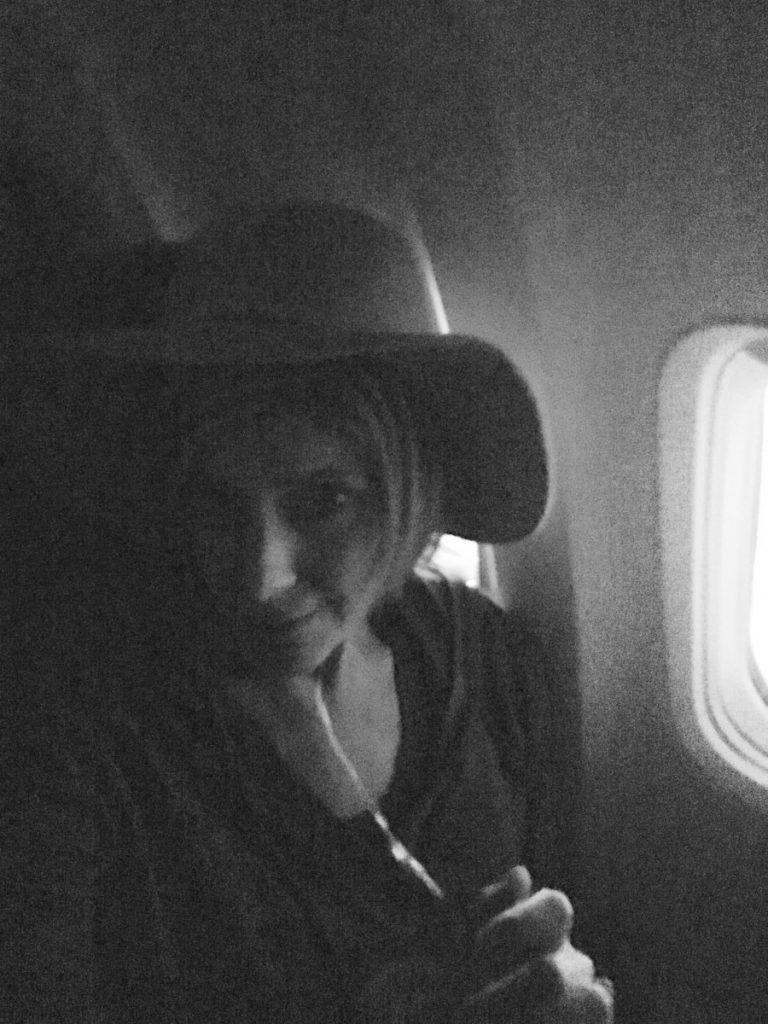

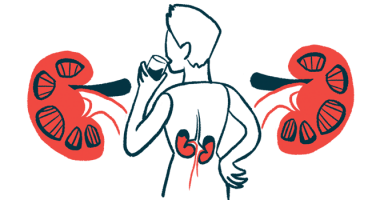

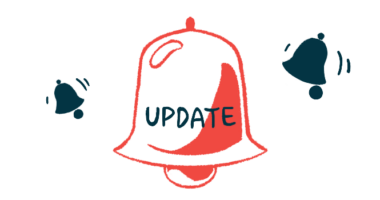
Comments
SKIP WIDTFELDT
Stop educating and start speaking up. The TSA agents are not trained to deal with disabilities. “TSA CARES” get real. They are only baggage handlers with a wrinkled blue shirt.
The disabled need to press for a clearance status that recognizes that as individuals and a group are not a threat to society and as such should have a prescreened status to simply board without the “special random selection” biased groping.
Gloria Hamm
I have travelled extensively with my POC and wheelchair. TSA never allows me to walk thru the scanner even though I tell them I am able to walk short distances. My chair & I always get swiped & patted down, it doesn't matter what country. The worst one was pulled over to a separate area where they could pat me down by a female. My chair & O2 were over in the other line. I repeatedly told them I could not stand & would pass out if they didn't give me a seat. I swayed & sat on the table where they checked baggage!. Finally they got it when my spouse brought my o2 back & I could breathe. I also was stopped at JFK in NYC while a ticket agent called France to check on my POC. I had paper work & just got off a flight to transfer to Paris.
Jen Cueva
Hi Gloria,
Thanks for sharing your experience with TSA. I find that it depends on each TSA agent. Some have been very compassionate while others cause added stress. Traveling with any disability is stressful already.
Denise Thompson
I recently flew to Sacramento from Portland. A short flight. I'm probably at class 3 in my ph progression, but have yet to need O2. My O2 sats went down to 82 halfway through the flight & I became very nauseas, which is why I checked my sats. I deep breathed & got through it, but didn't want a repeat on my return flight, so I asked the airlines if they had supplimental oxygen for emergencies. I played a verbal game with the representative & finally came away believing that they do have it....possibly.
My pulmonologist has to document me below 89 to order O2 for my next trip. ??? Guess I may have to fearfully take another flight without & rely,on compassionate attendants.
Oh yeah, had the pat down & my pepto checked.
Jen Cueva
Hi Denise,
I'm sorry to hear about your experience with flying. I do know that some PH patients who do not require oxygen at home may need it to fly. I've heard of doctors doing a specific check to see if this is needed. Unfortunately, I can't recall the name. I do know that 24-hour pulse oximetry may show it drops enough. Best of luck to you, I suggest you ask your PH center if they do this test.